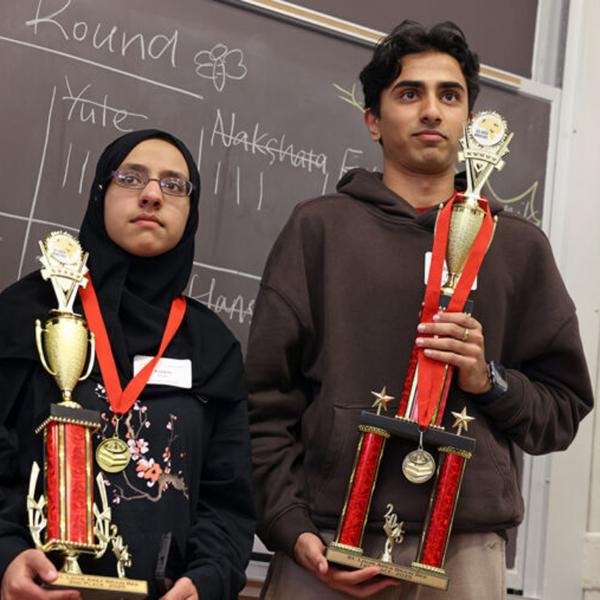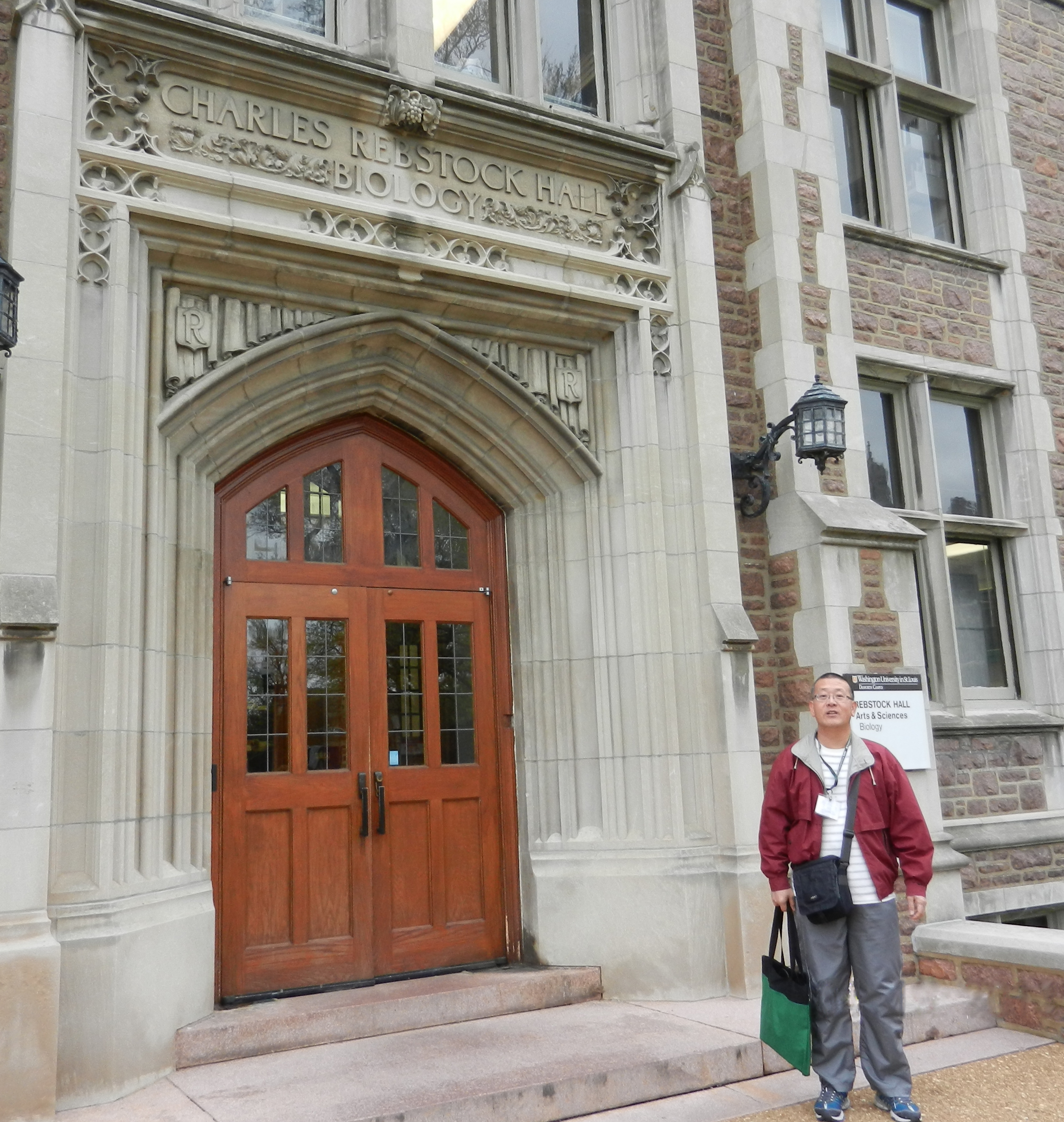
PC: Paul Wong
As a child growing up in Hong Kong, Paul Wong, AB ’78 (biology), set an ambitious life goal to become an educated person. But in 1974, when he finished high school, he felt unhappiness, a feeling in direct conflict with his naturally joyful personality.
He felt ignorant of the world.
In search of learning and thanks to a scholarship, Wong moved to the United States as a foreign student to pursue education at a two-year junior college in Alabama. Eager to learn more, he transferred to Washington University in St. Louis as a junior.
“My first day on campus, I walked past very smart-looking students. I asked myself, what am I doing here?” recalls Wong, on adjusting to being a new transfer student at the university while navigating the nuances of living in a foreign country.
Imposter syndrome set in.
Where it may have felt natural to retreat and hide so nobody would discover the imposter he thought he was, Wong’s dedication and ambition for learning brought him to Professor Paul Stein’s office.
“Professor Stein sat down with me. You see, I had nobody to turn to as a young adult in a foreign country,” he said. “I had no idea who to go to and talk about what to do in life. He listened to my ambitions, and helped me get to the next step.”
Wong was fascinated by pain after a toothache made an impression on him as a child. Meanwhile, his Chinese cultural background and familiarity with Chinese herbs sparked his interest in pharmacology. As his advisor, Stein connected him to faculty members at the Washington University School of Medicine in the Department of Pharmacology.
Wong worked in the laboratory of the late Professor Helen Burch. In exchange for picking up leaves and shoveling snow, he also lived in her home for free when struggling to cover the cost of room and board as a student. That arrangement continued when he attended medical school at Saint Louis University.
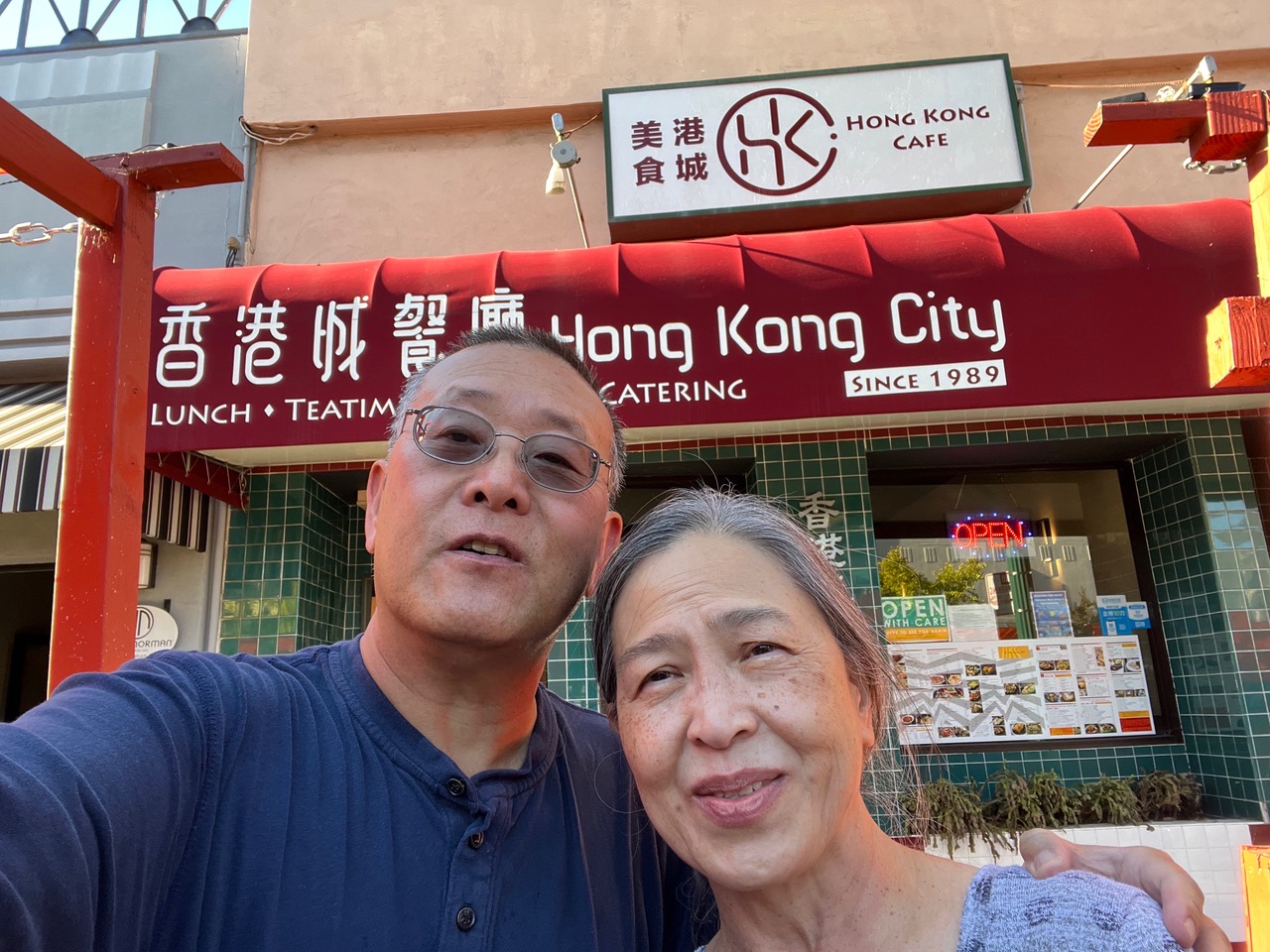
PC: Paul Wong
A residency at Stanford University brought him to the West Coast. He had a successful career as an anesthesiologist working for the Kaiser Permanente Medical Group in California for thirty-two years.
Wong, now enjoying his retirement, reflects on his life with gratitude. “I feel fortunate that I had the opportunity to become a knowledgeable person,” says Wong, “I am thankful for Professor Stein, who gave me the confidence and skills to problem-solve. Without that, I would not be where I am today.”
Today, he is a highly educated person, thanks to his ambition, some luck, and Professor Stein.
Giving back
“Professor Stein has impacted and inspired generations of students. I am done with my professional life, but Professor Stein is still teaching and advising,” says Wong with a warm smile captured on video during a Zoom call.
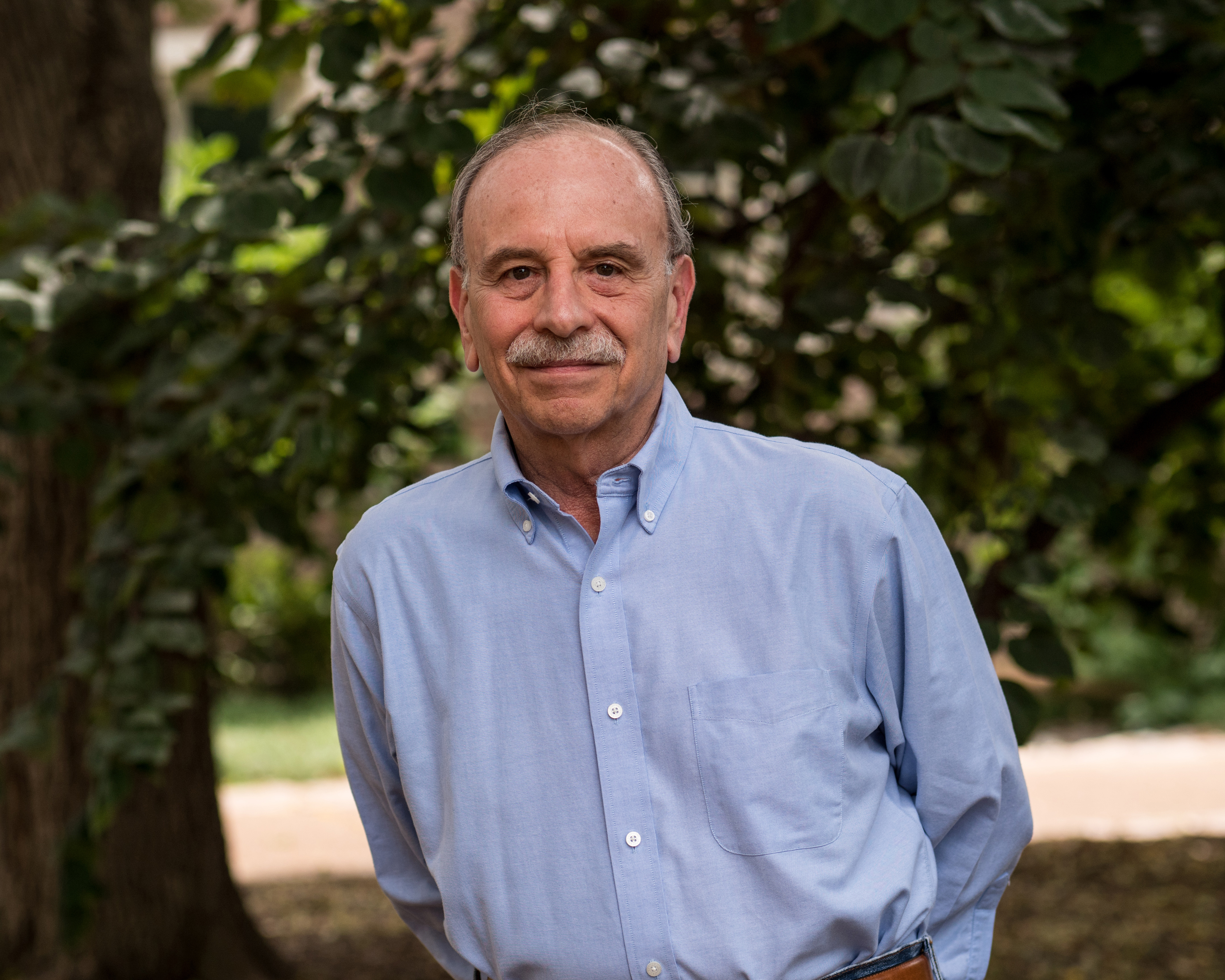
In fact, Stein, professor of biology and physical therapy in the Department of Biology, is in his fifty-first year of teaching in Biology. Forty of those years, he ran a successful research laboratory.
Inspired by Stein’s dedication to students, Wong, with his wife, Kitty Wong, made a generous contribution to the Department of Biology and Arts & Sciences to support undergraduate instructional assistants and undergraduate students majoring in biology, respectively.
The endowed Professor Paul Stein Instructional Assistant fund will support nine undergraduate instructional assistants selected by Stein for his Physiological Control Systems course this spring. Stein has been teaching physiology since 1980; over 13,000 students have taken his courses, which teach core material that will assist those who will attend medical school. They learn about negative feedback systems, such as those controlling blood pressure and body temperature, that assist in the stabilization of key body parameters.
“I teach the concepts, and the instructional assistants work with the students on the application of the concepts,” explains Stein, who can fill up four to six twelve-foot-wide and four-foot-high blackboards during a typical lecture. Three hundred to three hundred fifty students attend his class each spring.
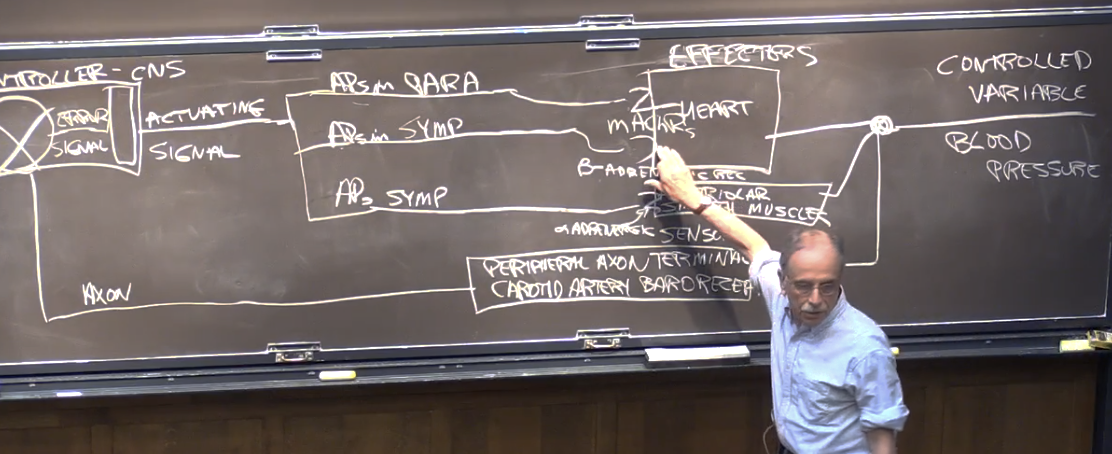
The instructional assistants hold weekly tutoring sessions and office hours, often answering questions at all times of the day and night. “They serve as a wonderful resource for helping the students gain a deep understanding of the material,” explains Stein, who conducts a competitive and rigorous interviewing process to ensure the instructional assistants are ready to serve on the frontline.
“The Wongs’ gift raises awareness of the major contributions that undergraduate instructional assistants make to our teaching mission,” says Stein, “It acknowledges the valuable experience of having near peers working with students to help them master the material.” Meanwhile the instructional assistants sharpen their own communication skills.
“Once they give a great explanation, that knowledge stays with them for life,” explains Stein, who admits that as an instructor, you truly understand the material once you can teach it well.
Best advice
For the past forty-nine years, Stein has been involved in academic advising. It is during advising meetings that he made such an impression on the young Wong.
“I have the privilege of interacting with high-energy eighteen to twenty-two-year-old students who have fabulous visions of what they would like to do with their lives. I guide them and give them feedback,” says Stein. When a student is considering accepting a research fellowship that may delay the start of their formal postgraduate education by a year, he reminds them that the extra year of the fellowship will be about two percent of the duration of their fifty-year career and worth the experience to learn something new.
Wong was no different. As a twenty-year-old, he showed up to Stein’s office with high goals for himself and full of energy. Like a sponge, he absorbed Stein’s every word.
“Paul Stein always gave me his best advice,” says Wong, “During my days as an anesthesiologist, I aimed to give patients my best.”



